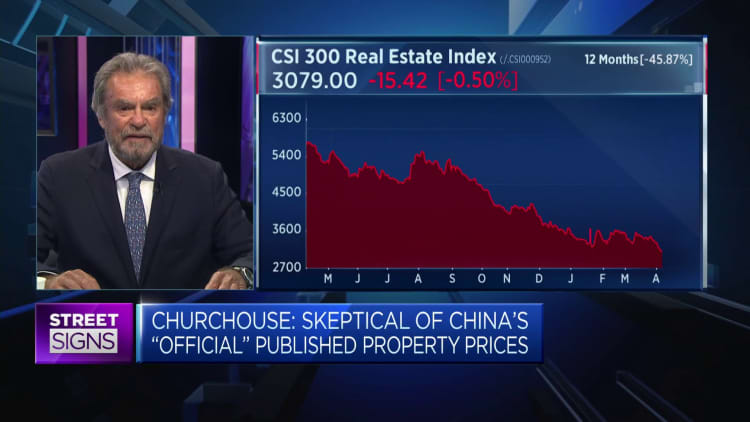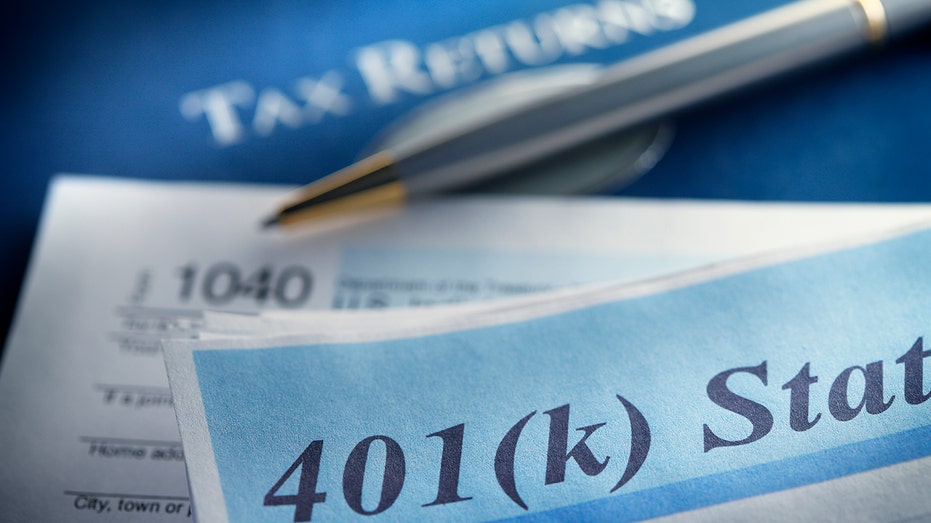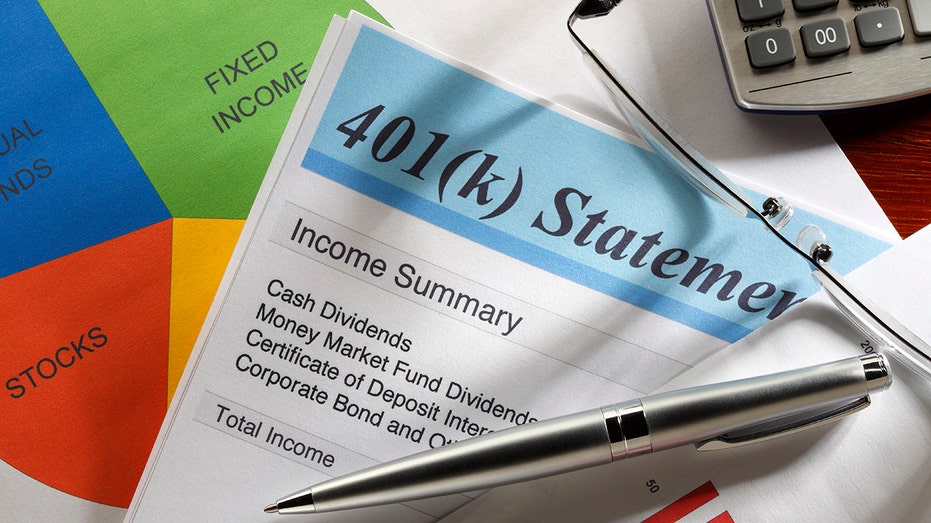Jack Otter and the ‘Barron’s Roundtable’ panelists share their best tips for how to prepare for retirement amid a market concerned with tariffs.
Retirement account balances dipped in the first quarter due to stock market turbulence. Still, people kept socking away money for their retirement, according to new data from Fidelity Investments.
The financial services company analyzed more than 50 million retirement accounts, finding that the average balances of 401(k), IRA and 403(b) accounts all saw small declines during the first three months of 2025.
The average 401(k) account balance decreased 3% quarter over quarter to $127,100, according to Fidelity Investment’s Q1 2025 retirement analysis.
IRA accounts had average balances of $121,983 and 403(b) accounts held $115,424 on average in the first quarter, 4% and 2% lower than the prior quarter, respectively.
THIS MIDWESTERN STATE IS CONSIDERED ONE OF THE BEST PLACES TO RETIRE, NEW STUDY SAYS: SEE THE LIST
Fidelity largely attributed those declines to “market swings.”
The market was turbulent during the first quarter amid uncertainty surrounding tariffs and other policy issues, including popular index funds.
Still, retirement savings rates “stayed consistently high,” according to Fidelity.
For 401(k) accounts, employee contribution rates hit 9.5% during the first quarter, with the employer contribution rate coming in at 4.8%, according to its analysis.
Combined, the 14.3% savings rate for 401(k) accounts marked a “record” and the “closest it’s ever been to Fidelity’s suggested savings rate of 15%,” the company said.
RETIREMENT PLANNING: THE DIFFERENCES BETWEEN A TRADITIONAL AND ROTH IRA
Holders of 403(b) accounts, meanwhile, had a rate of 11.8% on average.
“Although the first quarter of 2025 posed challenges for retirement savers, it’s encouraging to see people take a continuous savings approach which focuses on their long-term retirement goals,” Sharon Brovelli, president of workplace investing at Fidelity, said in a statement. “This approach will help individuals weather any type of market turmoil and stay on track to reach their retirement goals.”
During the first quarter, which was plagued with market volatility, 17.4% of 401(k) holders upped the size of their contributions, while only 4.9% lowered theirs, the report found.
Meanwhile, contribution rates among 14.6% of 403(b) holders went up in the first quarter.
Only a small percentage of people with those types of retirement plans altered their asset allocation during the first quarter, with just 6% of 401(k) users doing so and 4.7% for 403(b), it found.
NEARLY HALF OF GENERATION X IS NOT CONFIDENT ABOUT RETIREMENT, SURVEY FINDS
Fidelity’s analysis also showed that people with IRAs upped the amount of money that they put in those retirement accounts in the first quarter by 4.5% compared to 2024’s first quarter.
A separate survey released Monday by Gallup found 59% of U.S. adults have funds put away in a retirement savings account.
Among those with retirement savings plans that have not yet left the workforce, half reported they “expect to have enough to live comfortably in retirement,” according to Gallup.

 Blog Post3 days ago
Blog Post3 days ago
 Economics1 week ago
Economics1 week ago
 Personal Finance7 days ago
Personal Finance7 days ago
 Economics7 days ago
Economics7 days ago
 Economics1 week ago
Economics1 week ago
 Accounting7 days ago
Accounting7 days ago
 Personal Finance1 week ago
Personal Finance1 week ago
 Finance7 days ago
Finance7 days ago











